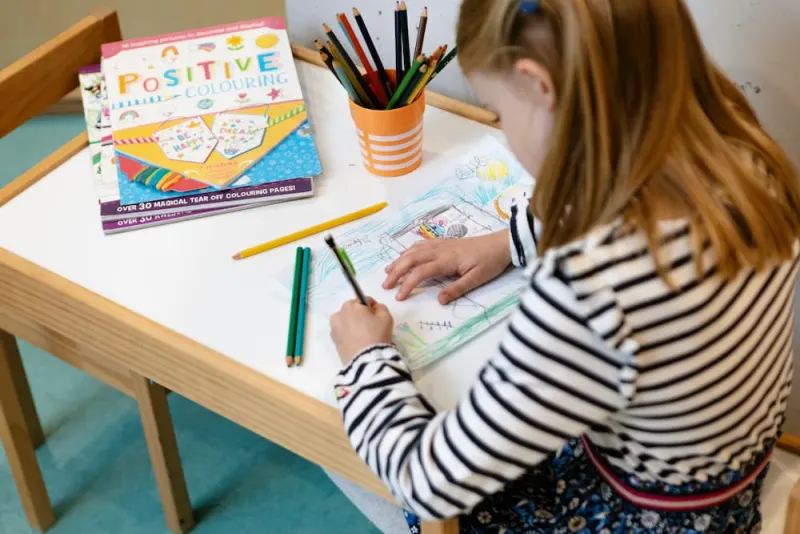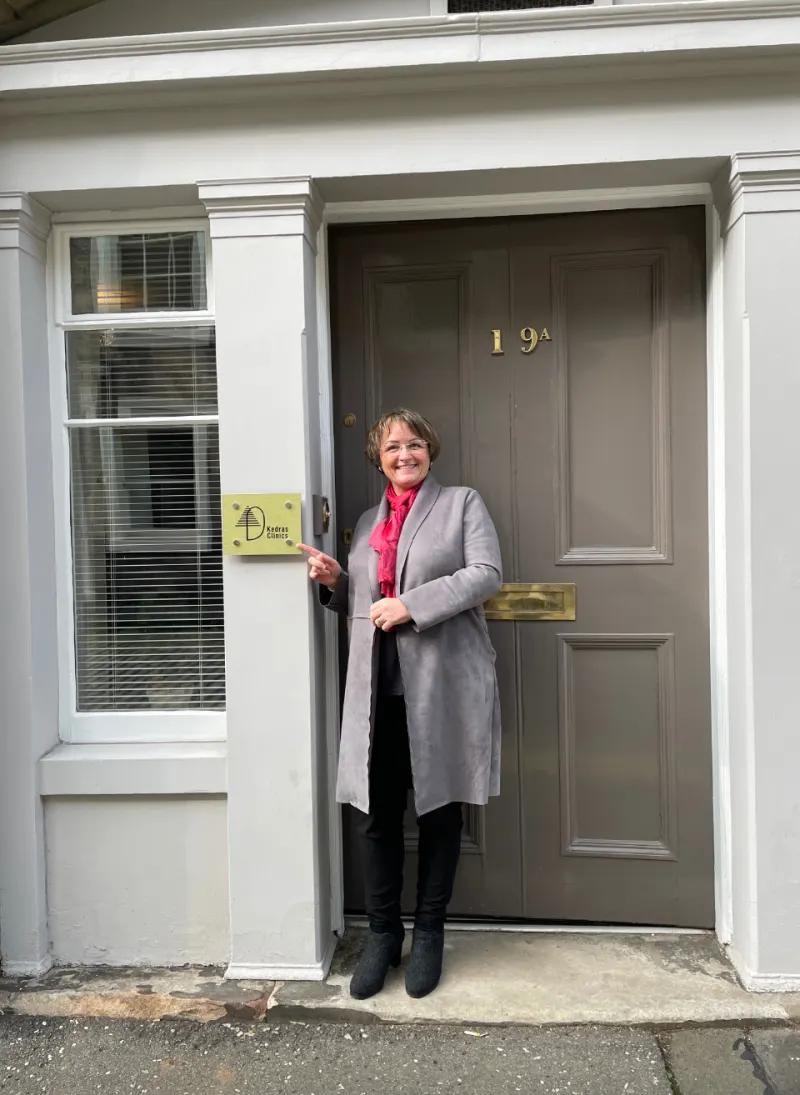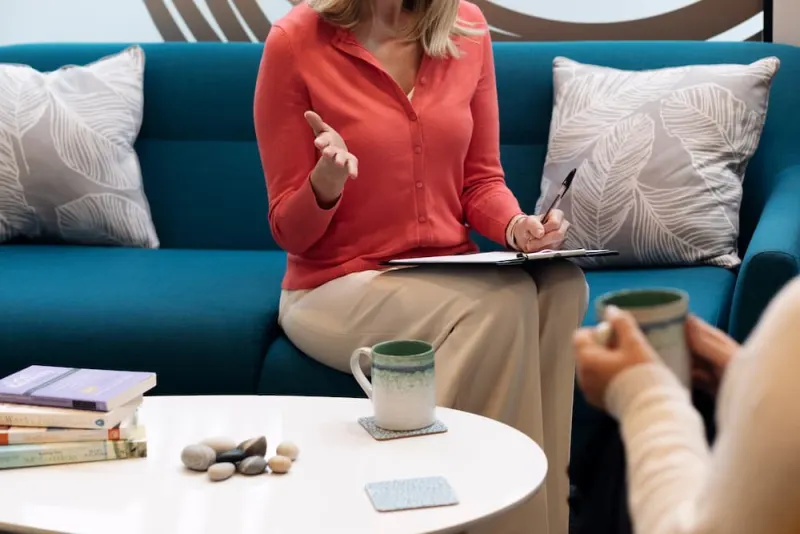You might have seen the headlines recently: 40% of children in Scotland have Additional Learning Needs of one form or another. That’s not a small number; it’s almost half of all school-aged children. So, what’s behind it? Is something going wrong, or are we finally getting something right?
This figure comes from a recent Audit Scotland paper, which sheds some important light on what’s really happening. While some media coverage has blamed weak parenting or wobbly teaching in schools, the report itself does no such thing. Instead, it highlights a mix of factors, from better understanding of neurodiversity and more inclusive education to the impact of COVID and a shift in how we define and record learning needs.
Back in 2010, schools began to record all learning needs, even short-term challenges. That change alone meant a significant rise in numbers. But there’s more to it. More children born prematurely are surviving and may need support. We’ve moved away from labelling kids as “naughty” when they’re struggling. And crucially, our understanding of conditions like ADHD and Autism has improved dramatically.
Take ADHD, for example. We used to think of it simply as a hyperactive child, not coping in a classroom. But more modern research paints a wider picture – not all children are hyperactive, some can focus so hard on tasks that they can’t change focus to other tasks and some just can’t get started. ADHD looks more like a difference in working memory (the information you can hold in your head at once, for example to do a sum), executive function (the ability to plan, start and finish tasks) and how you take in information from around you.
We also understand that some of the behavioural patterns we used to think are core parts of additional needs are actually due to the stress of trying to fit in. The “meltdowns” associated with autism, for example, are often caused by the constant stress of dealing with distractions a child can’t filter out and processing social rules that make no sense.
Better understanding of additional learning needs has meant that more children are being sent for assessment in Child and Adolescent Mental Health Services (CAMHS). And that has led to longer waiting lists, children not receiving a diagnosis for years, and some very worried parents.
So, do you need a diagnosis to get help? In Scotland, support in schools should follow need, not just a diagnosis. But in practice, this isn’t always consistent. The Audit Scotland report highlights that that provision is not universal. Some schools are more able to offer support than others. The Audit report also highlights that training is not universal.
This can be an issue – the understanding of additional needs has changed significantly in recent years. For example, Autism used to be understood as a “triad of impairment” where children struggled to communicate, function socially and use their imaginations. It mostly affected boys. We now know that autism is a set of lifelong differences in how information from the child’s senses is processed, and in how they think. We know it comes with strengths in many cases- your child might be great at focusing on details once they start a task, or have a keen sense of fairness, and may be very empathetic too. And we know it affects girls as well as boys.
We also know that children can “mask” – blend in with others at school and then develop behavioural problems or anxiety at home. This may mean that a diagnosis might help teachers understand the behaviour they just aren’t seeing at school.
And if your child needs medicine, for example for ADHD, you will need a diagnosis.
Going private
For families who choose to go down the private route, There are a range of providers for ADHD and Autism diagnosis in Edinburgh. Providers which are registered with Health Improvement Scotland and whose workers are registered with the correct governing bodies for their professions are working to the same guidance as the NHS, and their diagnoses are as valid.
However, not all GPs will take over the care of a child who was diagnosed privately, leaving parents without NHS access to medications. It’s essential to speak with your GP before starting the process to ensure they’ll agree to what’s known as a “Shared Care Agreement” – an agreement between your GP and the people who diagnosed your child which allows them to take over prescribing from the private service.

Therapy
Neurodivergent conditions like ADHD and Autism cannot be cured. But the anxiety and depression that trying to fit in can cause in some children can be helped, and children can be supported to find ways of regulating their emotions and working on their social skills in ways that don’t make their masking harder.
It’s important to look for someone who will see the strengths in your child, as well as the challenges they face, and who will work with the ways they process information instead of against them. For example, a child with ADHD or Autism might need to move around more in the appointment and won’t thrive with a therapist who insists on them staying still and making eye contact. A child who has a strong interest won’t thrive with a therapist who tries to make them fit in by only talking about it an “appropriate” amount. Approaches that support autistic people and people with ADHD to use their strengths are sometimes called “neuro-affirmative.” It’s also important to check your therapist is appropriately qualified and trained and registered with a governing body.
Other help available
Support doesn’t stop at therapy. The egg Facebook feed always light up when people ask for support with their children, and there is a wide range of help out there.
Salvesan Mindroom has been recommended by several eggs and offers tailored advice and support for children and their parents for children with a wide range of needs, including family outreach specialists. They can also help you navigate the health and care systems for your child. And they also offer transitions support for young adults who are about to move from child to adult services – a concern many of you have raised.
There are several specific charities that help children with additional learning needs. Barnardos offers drop ins in a number of locations around Edinburgh, including Craigmillar library and Silverknowes Golf Course. Scottish Autism can offer support with Autism, for example, and the British Dyslexia Association can advise on dyslexia.
Sometimes support can be as simple as a safe place to play for a while. Several eggs have recommended The Yard in Canonmills – an inclusive play space for children with Disabilities, with art, go karts and a range of places to play in.
There are also services that charge a small fee. EpicThinkLearn is a Community Interest Company that provides access to evidence-based information and help for parents around issues like helping neurodivergent children sleep and helping neurodivergent teenagers prepare for exams, based on helping parents and teachers understand the underlying differences in how neurodivergent children process information.
Whatever help you’re seeking, one of the most important things is to find support that values your child as a whole person, including their strengths. The British Psychology Society have welcomed a more neuro-affirming approach, and one where support is designed with significant input from people who have lived experience of the conditions we are trying to support. The hashtag #ActuallyAutistic on social media highlights posts and accounts from Autistic adults, in response to feeds they felt were dominated by professionals or family members who were offering unhelpful advice to other parents.
Help from egg
In the coming months, we’re planning to write more about supporting children with additional learning needs. We know you’ve been asking about everything from managing family activities and outings, sympathetic sports clubs and reliable restaurants, through to how to broach the subject with your child (hopefully better than I did!), how to get help if you aren’t getting what you need and where to find other parents to talk to. We’d love to talk to more of you about your experiences of this – whether you offer support or diagnosis, are a parent, or are someone who has discovered you’re autistic or dyslexia recently. If you would like to tell us more, please get in touch!
And finally, remember this: you're not alone. If you're feeling stuck, overwhelmed, or just need someone to talk to, post in the egg Facebook group. Chances are, someone else has been through it too - and they’ll be more than happy to help.
Sarah Chalmers is an Evaluation, Strategy, and Theory of Change specialist based in Edinburgh. She helps NHS organisations, charities, and care providers design and evaluate services that really work. Follow her on Linkedin for more.




